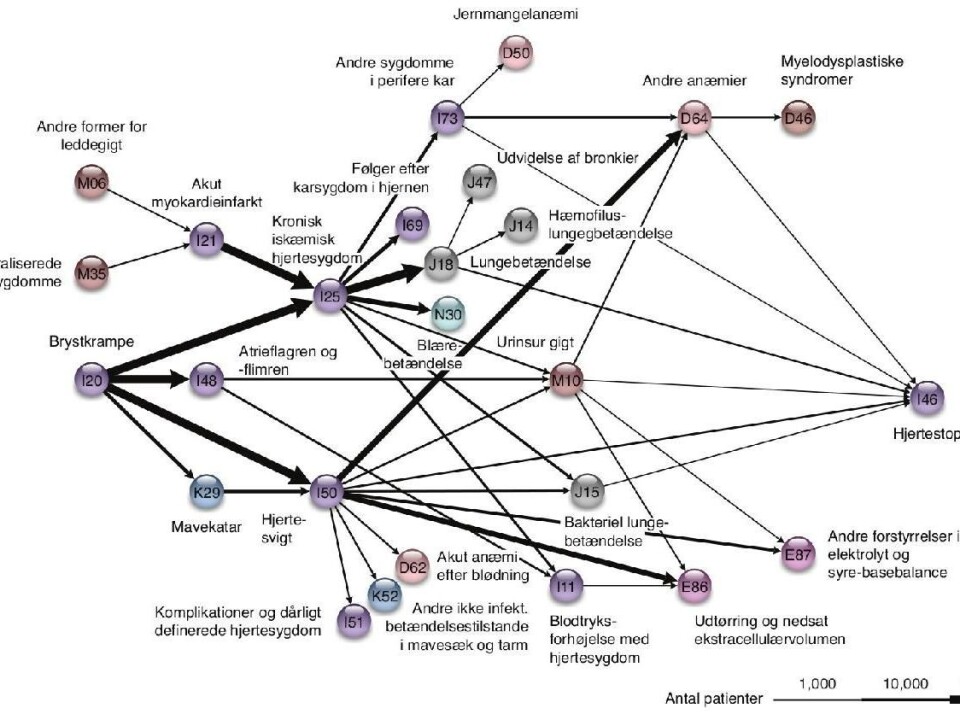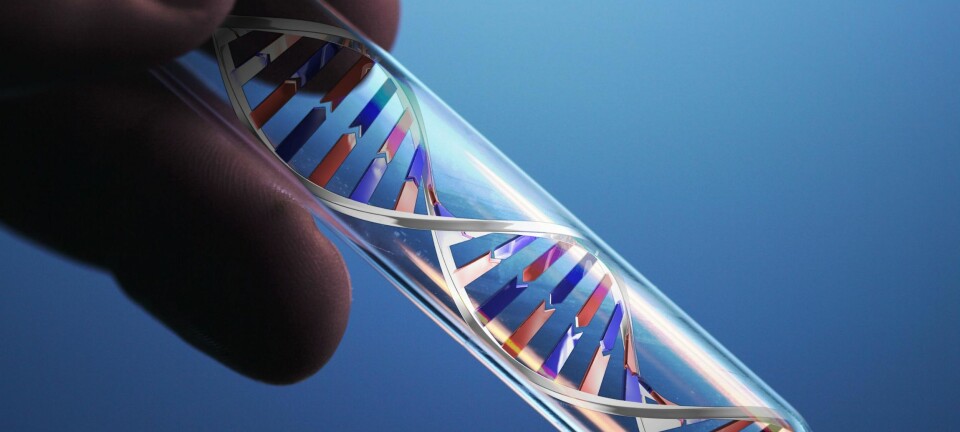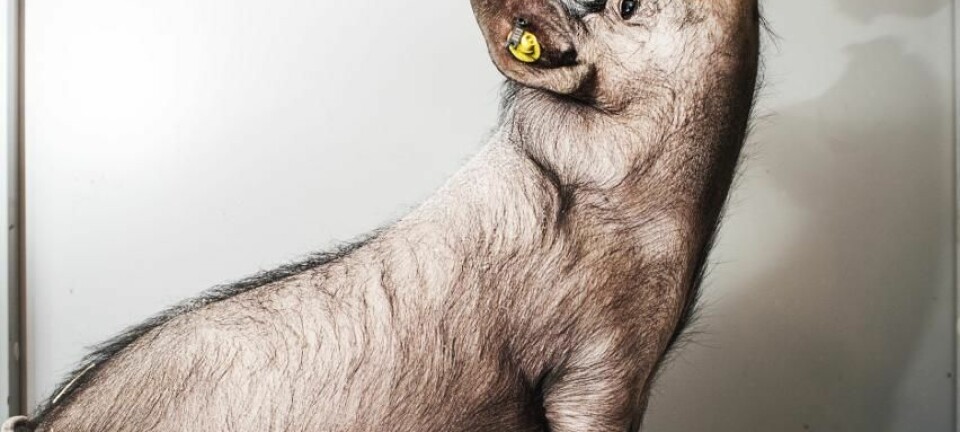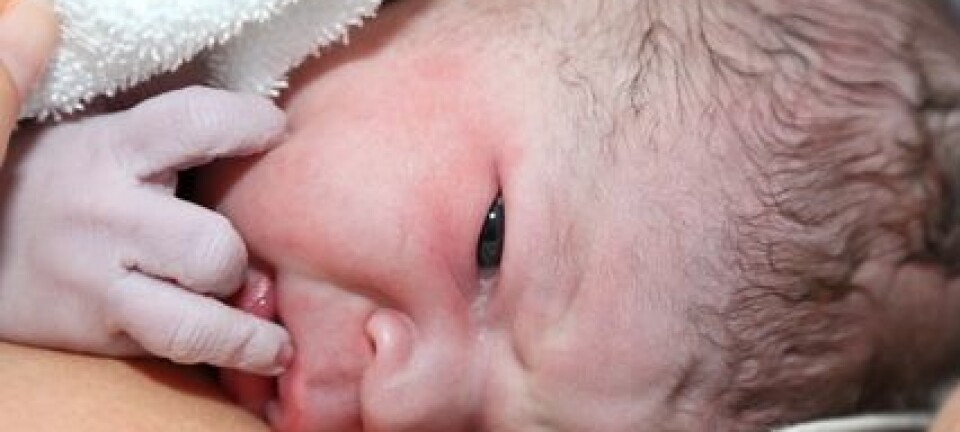
Danish scientists can soon predict which diseases you’ll get
Data from more than six million Danish patients has allowed scientists to map out how illnesses develop. In the future they will be able to predict which diseases will affect you.
Fifteen years. That’s how long a group of scientists from the University of Copenhagen and the Technical University of Denmark have spent following Danish patients as they made their way through the health care system.
Tracking them via Denmark’s unique national patient registry, a database that stores health information on all Danes, the scientists ended up with stats from a whopping 6.2 million Danes. This included data on all types of medical consultations and hospitalisations from 1996 to 2010. Some patients died during the period and new patients were added too.
With the bonanza of data, the scientists were able to map the development of diseases by creating a large network that illustrates the disease routes most frequently travelled by Danish patients.. It also allowed them to map the secondary complications that are most common if a patient suffers from diabetes.
It’s the first time a study on disease development has been conducted on an entire population, said Professor Søren Brunak from the Technical University of Denmark and the Novo Nordic Foundation Center for Protein Research at the University of Copenhagen.

“The developments of individual diseases have been studied, but not all diseases in an entire population at once,” he said. “Here we can see which diseases affect each patient and in what order. This gives us new knowledge about the ways illnesses develop.”
The study was recently published in the scientific journal Nature Communications.
Your genome reveals your illnesses
The study aimed at making scientists better equipped to predict what illnesses an individual patient is likely to face in the future. The goal is to achieve this by combining the study with DNA sequencing which will reveal information about genetic diseases.
“If we can map the part of the genome that tells us about diseases, we can predict which diseases a patient is genetically predisposed to,” said Brunak.
Of course, some diseases won’t be covered as they are caused by lifestyle, he said. “We can’t see those genetically.”
He hopes information about genetic profiles will be linked to the National Health Service medical cards, or stored in a database which doctors can then use to look up their patients.
One-of-a-kind study
The study was only possible thanks to the scientists being granted access to all patient data from the National Patient Registry -- something that’s very rare, said Brunak. At the press conference he was asked if the patients gave their OK to the scientists accessing their data.
“In Denmark we trust that the state will take care of our health,” he said. “Because of this most won’t protests that we use patient data for research -- even though data security is widely discussed today.”
Brunak said it would be difficult to conduct a similar study in the United States as they don’t have a health registry like the one in Denmark. When a patient moves from one state to another, they’re given a new health insurance number and then it becomes practically impossible to track the course of a disease in a population.
Translated by: Iben Gøtzsche Thiele









